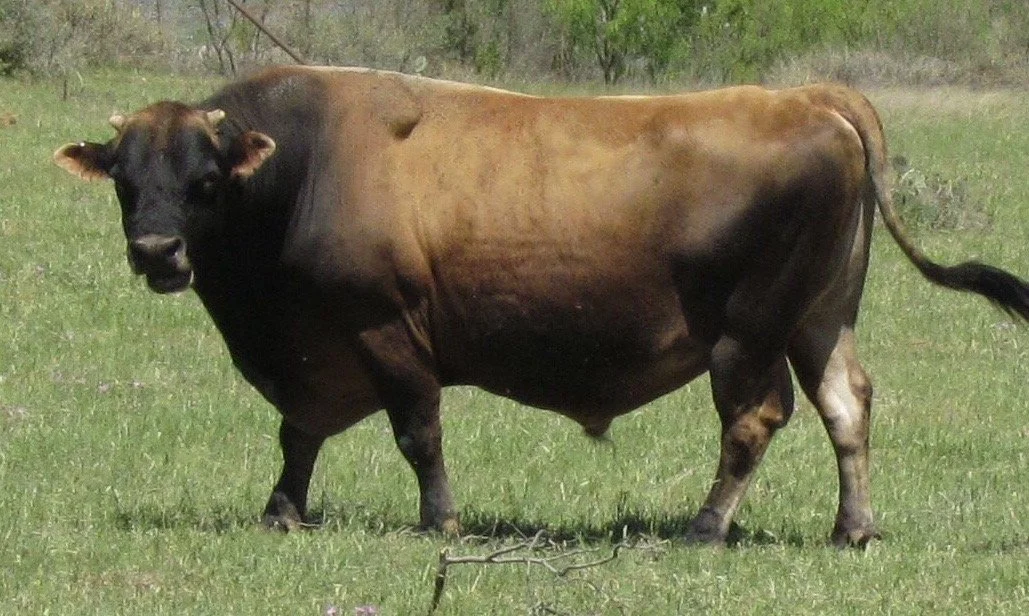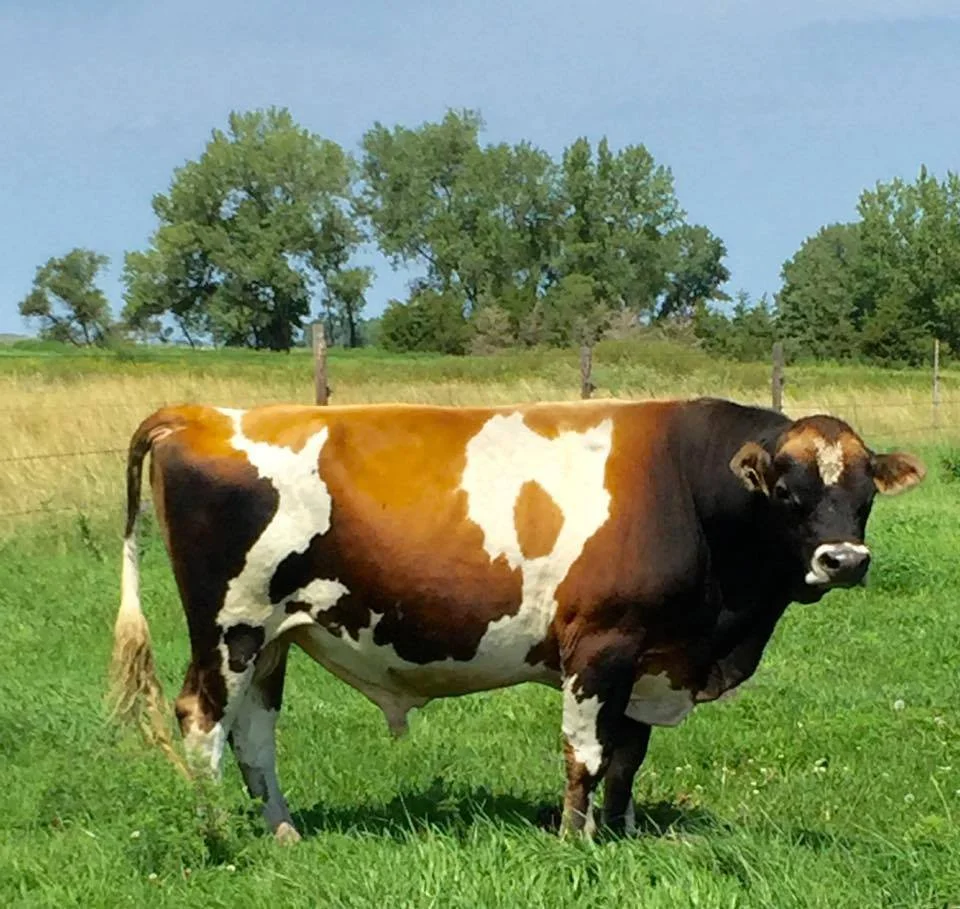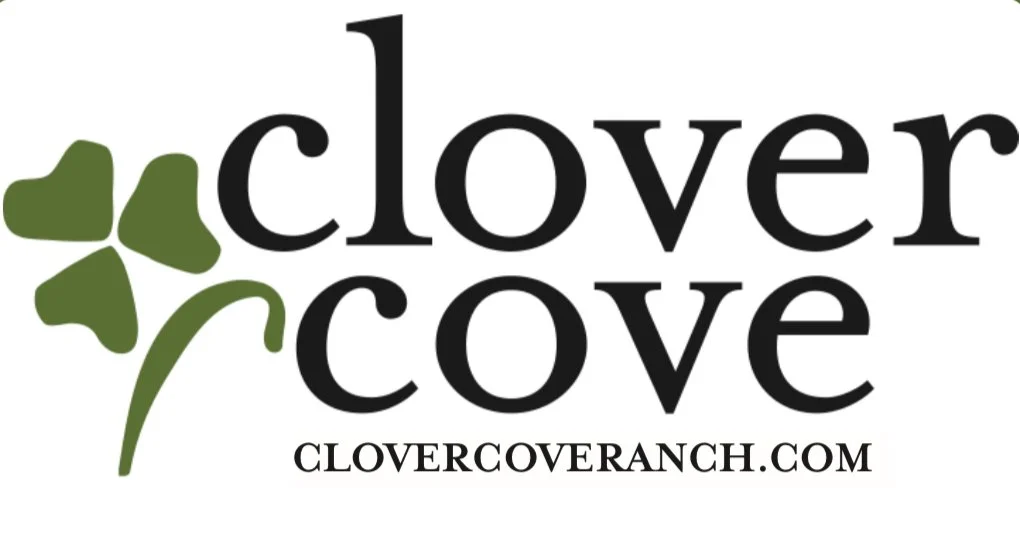
“I have always believed that cattle should prove themselves on grass, not at a feed bunk,” Ben says. “The cows that stay in the herd year after year tell you everything you need to know about what really works.”
United States Distributor/ Representative
Raised in the Nebraska Sandhills, Ben Gotschall has spent his life committed to developing functional, grass-based genetics that stand the test of time. He began managing cattle at just ten years old and has dedicated more than 35 years to refining a breeding philosophy centered on fertility, adaptability, and nutrient efficiency. His family transitioned their ranch and dairy to one hundred percent grass-fed and organic production in 1999, long before it was common practice. That shift shaped the foundation of everything Ben has done since, and it continues to influence breeding and management decisions on the ranch today.
Ben manages Holt Creek Jerseys and Clover Cove Ranch, focusing on A2A2, polled Jersey and dual-purpose genetics bred to perform on grass. His herd’s foundation blends home-raised lines with old-world influences such as New Zealand Jerseys, Shorthorn and Lowline Angus. Influenced early in his career by Gearld Fry, Kit Pharo, Jan Bonsma and J.H. Lents, Ben has applied the same practical selection standards that have long guided great beef breeders to the development of forage-adapted dairy genetics. By focusing on hormonal balance, structural soundness, and fertility, he has built a herd that thrives under real-world conditions and produces nutrient-dense food for people.
Cell: 402-705-8679
Email: ben@holycreekjerseys.com
Benjamin Gotschall
Every cow must prove herself through performance, not pedigree. She has to calve by two years of age, breed back within three hundred sixty-five days, and maintain her condition on forage alone. The cows that stay in the herd are the ones that calve every year while keeping an average lifetime 365-day calving interval . Bulls are chosen from these high-performing maternal lines for their masculinity, vigor, and proven milk-protein traits such as A2A2 Beta Casein, BB Kappa Casein, and BB Beta Lactoglobulin. Only naturally polled, structurally correct cattle remain in the seedstock program, ensuring that future generations continue to improve rather than just maintain.
Holt Creek Jerseys follows a strictly seasonal calving program, with a single spring window that begins in Early April and ends in mid-May. Cattle are bred naturally, and only those that conceive and calve within that cycle remain in the herd. Cows are expected to calve unassisted on pasture, with assistance only when necessary. Any cow that requires significant help at calving, or whose calf cannot nurse and thrive on its own, is excluded from seedstock production. These standards ensure that every generation advances in natural fertility and mothering ability.
Calves are raised in a low-input, pasture-based system that mirrors the conditions of a functional cow-calf herd. Nurse cows raise at least two calves each, allowing the milking herd to focus solely on production and teaching calves to graze early. Calves are expected to self-feed colostrum within the first hour of birth and are weaned at five to six months, typically after reaching at least half of the cow’s bodyweight per calf. Nurse cows must be capable of weaning one hundred percent of their bodyweight in six months or less to be considered for future bull mothers. This process builds not only strong calves but also a herd that maintains efficiency through maternal function rather than mechanical intervention.
Grazing management at Holt Creek Jerseys follows a simple but disciplined rhythm. The herd is moved daily or every few days depending on forage growth and season, allowing the land to guide the pace of rotation. Nurse cows raise calves on pasture, where they graze alongside the cows and learn to thrive in a natural herd environment. Through the heat of summer and the cold of Nebraska winters, the cattle prosper on forage alone, with only minimal supplementation when necessary.
As a Bos Sires Representative, Ben covers Nebraska and the surrounding Plains region. His deep experience in grass-fed dairy and dual-purpose systems makes him a valuable resource for cattlemen who want to align fertility and functionality with soil and forage health. Beyond his ranch work, Ben serves as an instructor of Dairy Nutrition through the Managed Grazing Innovation Center, where he helps teach the next generation of graziers how to connect animal performance with ecosystem health. He is also a Mentor Grazier in the Dairy Grazing Apprenticeship Program and serves on the board of the National Apprenticeship Training Committee. Through his educational work, Ben continues to advocate for low-input, high-integrity cattle that work with nature rather than against it.









